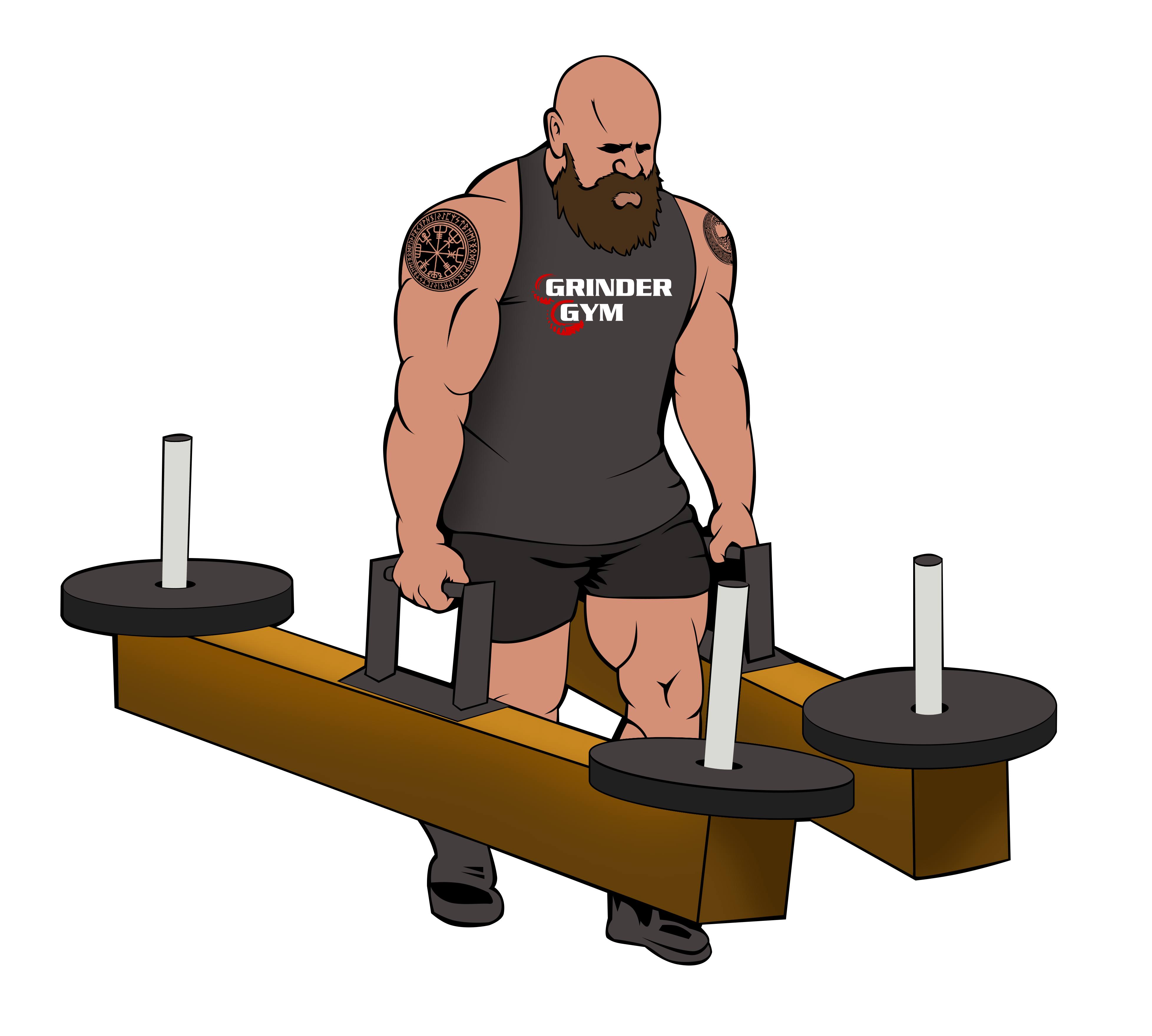Exercise daily and eat healthily! Only what type of foods and possibly supplements can be taken to target “bad” cholesterol, LDL-low density lipoproteins?
For starters to lower LDL Cholesterol levels it’s important to have a diet that includes a variety of foods that provide soluble fiber.
Here are many of the foods that contain a good amount of soluble fiber.
These foods should be added often and rotated for variety.
* Oatmeal
* Barley
* Flaxseed
* Hazelnuts
* Sunflower seeds
* Black beans
* Kidney beans
* Lima beans
* Brussels sprouts
* Orange
* Asparagus
* Broccoli
* Turnips
* Pear
* Peach
* Apples
* Figs
* Nectarines
* Guavas
* Apricots
* Sweet potatoes
* Carrots
* Avocados
* Whole wheat bread
Phytosterols
Phytosterols are plant sterols or stanol esters, which are naturally occurring compounds found in plants that are similar in structure to cholesterol found in humans. When consumed in the foods you eat, they compete with cholesterol for absorption in the intestine. This can lower the cholesterol levels in your blood, especially the LDL cholesterol that may clog your arteries.
The foods containing Phytosterols are commonly fruits, vegetables, vegetable oils, whole grains, soybeans, mushrooms, lentils, and nuts. Many of these are also foods that contain soluble fiber.
Garlic
To benefit from garlic you will need to daily eat a clove of raw garlic, chewed or crushed. If it’s difficult for you to chew it, you may blend it up to add to your food, but it must be raw.
Black garlic is shown to have the best properties for eliminating lipids retained in your arteries.
Supplements:
Psyllium
A soluble fiber used primarily to add bulk in order to form healthy stools. Comes in powder and pill form. Have with plenty of water or may cause discomfort.
Niacin
The recommended daily allowance is 14 milligrams for women and 16 milligrams for men. Ask your doctor if this is something you need and how much they recommend.
May cause skin itching and flushing, nausea, and more.
Phytosterols
The current body of research has consistently shown that supplementing 2 grams of phytosterols per day can reduce your LDL cholesterol by anywhere from 8 to 10%. However, most can meet these goals by increasing their intake of phytosterol-rich foods and reducing saturated fats.
Side effects, if any, tend to be mild and may include constipation, nausea, upset stomach, heartburn, flatulence, and the discoloration of stools. Phytosterol supplements may reduce the effectiveness of some cholesterol-lowering drugs. Speak to your doctor to see if you should take Phytosterol supplements.
Garlic
Research studies with garlic involving both animals and humans suggest that garlic can lower cholesterol levels.
Garlic is one of the most widely purchased herbal supplements used to lower cholesterol levels.
In most of the studies that produced cholesterol-lowering results, about one-half gram or one gram of garlic was consumed daily.
In order to lower LDL Cholesterol or maintain safe cholesterol levels be sure to exercise regularly and consume whole natural foods while limiting processed food and alcohol. Have annual blood work done to know your total cholesterol and that your LDL Cholesterol is in an optimal range.
The foods and supplements provided can help you on your healthy journey. As always have a conversation with your doctor if you’re concerned about your health.
